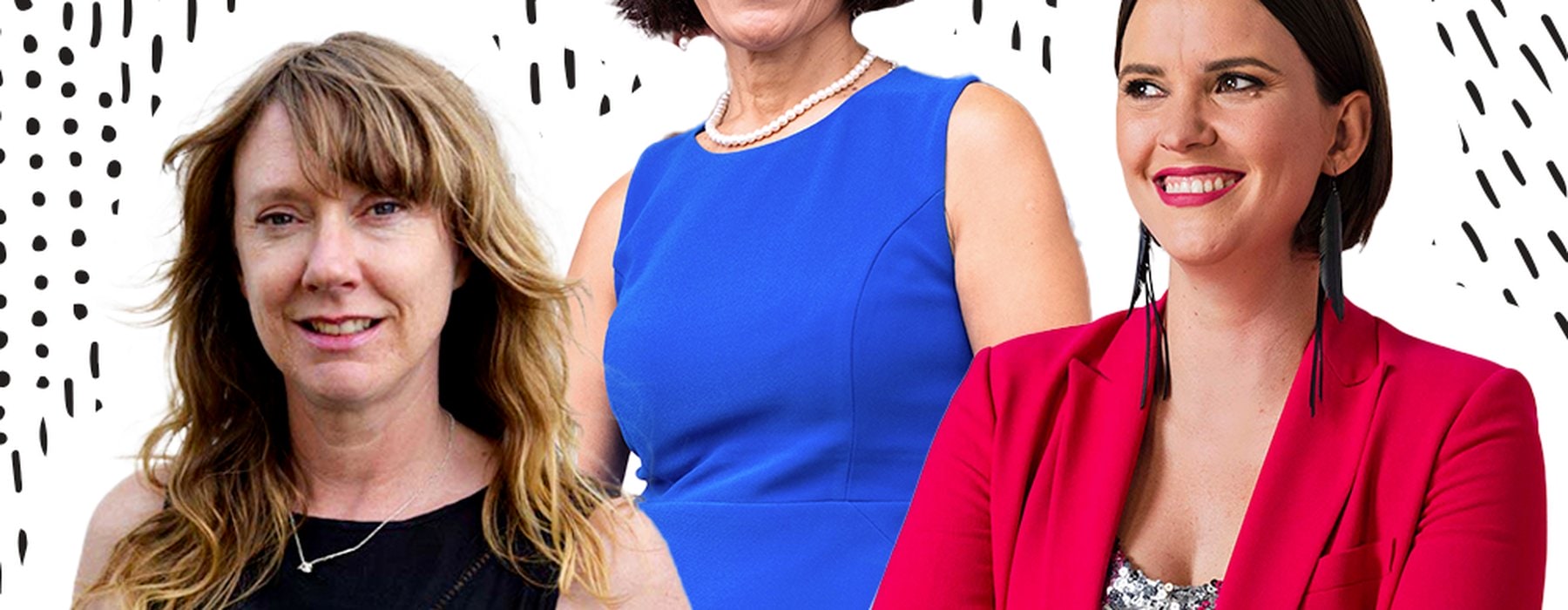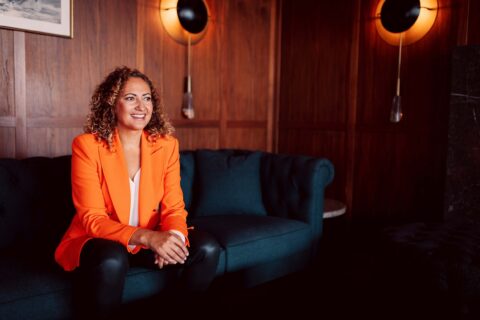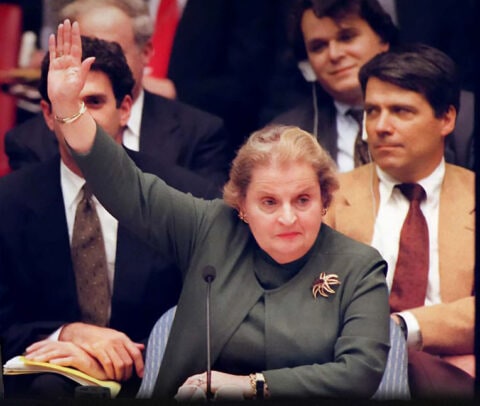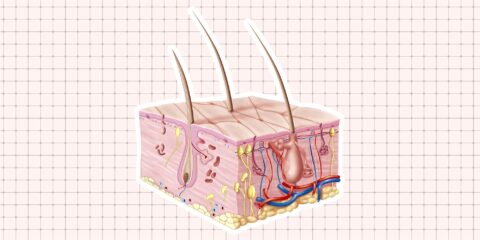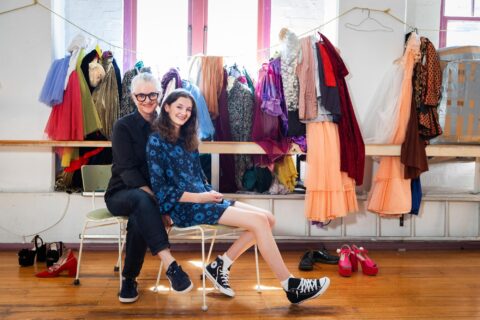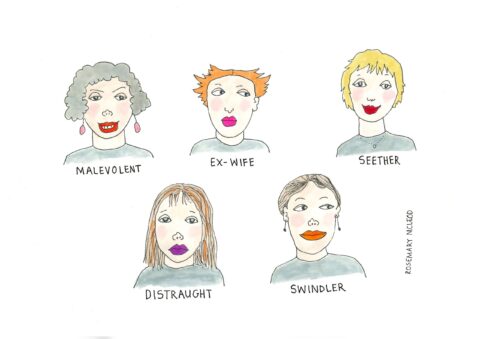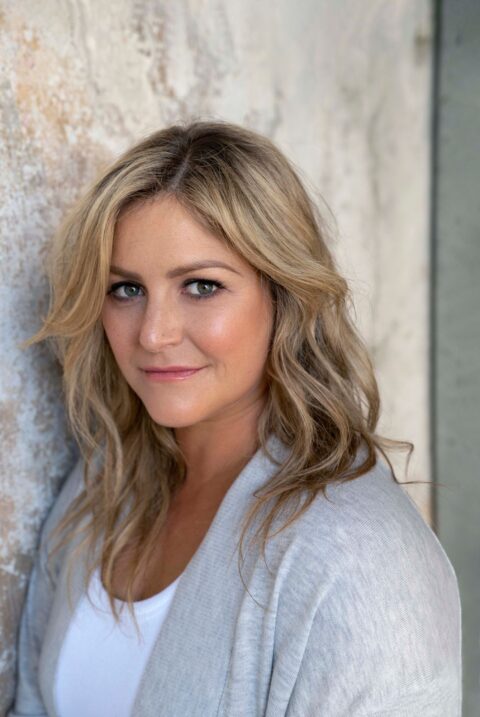A cause of shame and anxiety for many, period poverty has been holding Kiwi women back for too long. Siena Yates speaks to three crusaders of equality who are determined to end the cycle.
Decades after it happened, Soala Wilson still vividly remembers the day she realised she had bled through her clothing in the middle of her high school science class, the day she “felt like I was dying”.
“I was sitting there and I felt myself wet. I put my hand down and I thought, ‘Oh my God.’ There was blood everywhere,” she recalls.
“Dying of embarrassment” and desperate to cover herself up, Soala took off her cardigan and wrapped it around her waist, but that drew the attention of the teacher, Mrs Green – “a bit of a mean woman” – who insisted she take it off immediately.
“I was sitting there petrified, just rooted in fear, shaking my head. Everybody knew never to disobey Mrs Green, but I had to. She put me in detention. I had to wait until all the kids were out of the classroom before I could walk backwards out the door to the toilets.
“I just had to clean myself up with toilet paper. I used to have really heavy periods and be in agony, and it was even worse when I got penalised for it by being put on detention. Just for bleeding, for God’s sake!”
Fear of period leakage is something all menstruators can relate to. Attitudes may be slowly changing now, but for many of us growing up, it was one of life’s ultimate horrors.
For Soala and others like her, that anxiety was amplified tenfold. She didn’t have access to the pads and tampons other kids had.
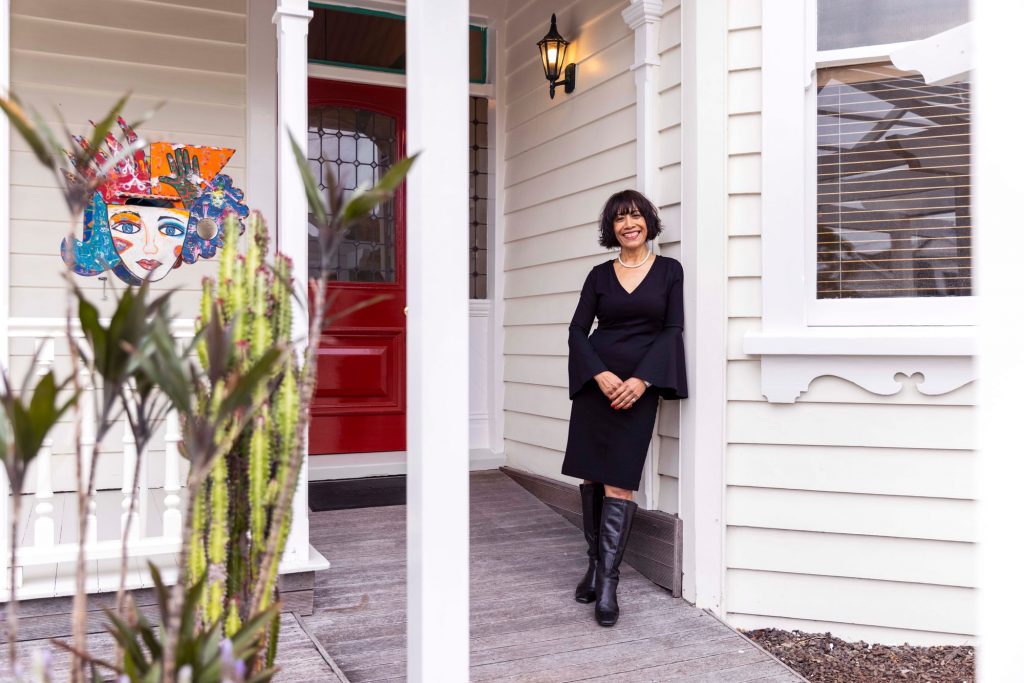
PHOTO BY MICHAEL MOORE
Soala, 60, was born in Samoa but grew up in Auckland after her family moved to New Zealand in the ’70s. Her household, she says, had no money – “It was a dire situation” – so sanitary products didn’t even warrant consideration for the grocery list.
“Finding money just to buy food and live and pay the rent was quite a struggle for our family, so we just had to make do with whatever was around – toilet paper, sheets, newspaper, whatever you could get your hands on to try and prevent the embarrassment,” she says.
We just had to make do with whatever was around – toilet paper, sheets, newspaper… to try and prevent the embarrassment
Four decades on, it’s still a reality for many young people, and for lots of them, skipping school altogether is the only way to avoid that panic. Dignity NZ estimates some 95,000 menstruators between the ages of nine and 18 may stay at home during their periods because they cannot afford sanitary products.
But for Soala, that wasn’t an option. The community activist has spoken openly about her upbringing with two abusive parents, this time simply summing it up by saying, “Life at home was not that great, so going to school, whether I had my period or not, was a safe haven for me.”
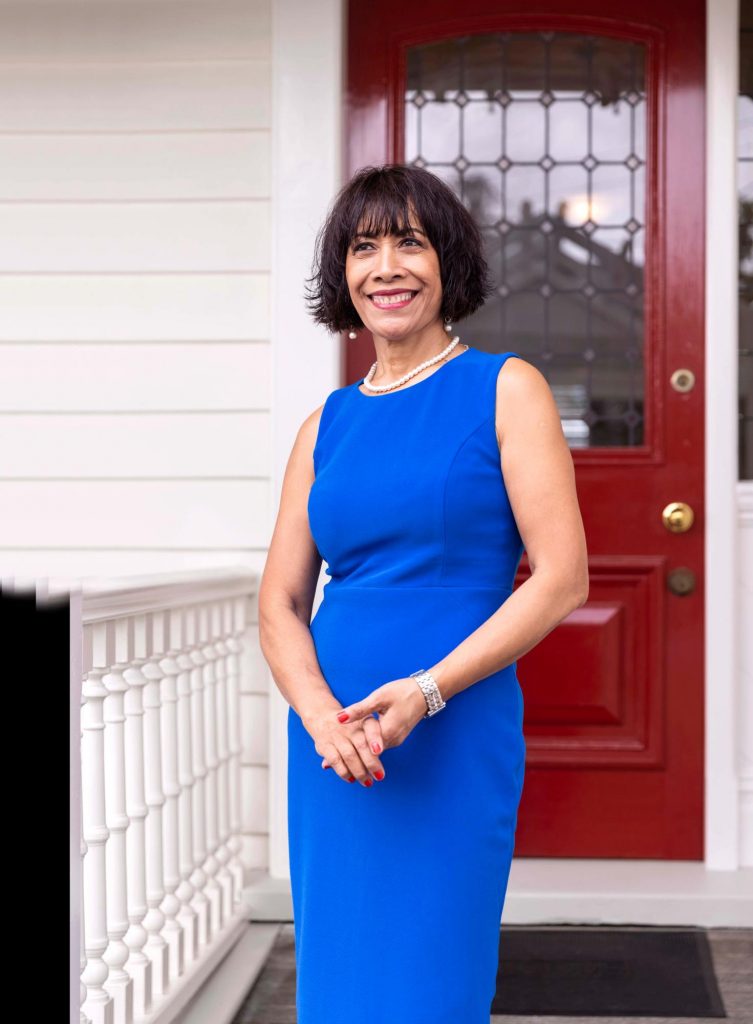
Pulling together what she could to manage her period and escape to the safety of school, she says, “was just survival. Pure survival.”
Her story is not an isolated case – far from it. And when she found out years later that kids were still going through what she went through at the same age, she was driven
to action.
She and her business partner Chrissie Taylor, with whom she runs The Works Hair Salon, launched SPINZS (Sanitary Products in New Zealand Schools), a charity initiative which, before the government “finally stepped up to make us redundant”, dedicated itself to providing more than 300,000 free period products to local schools.
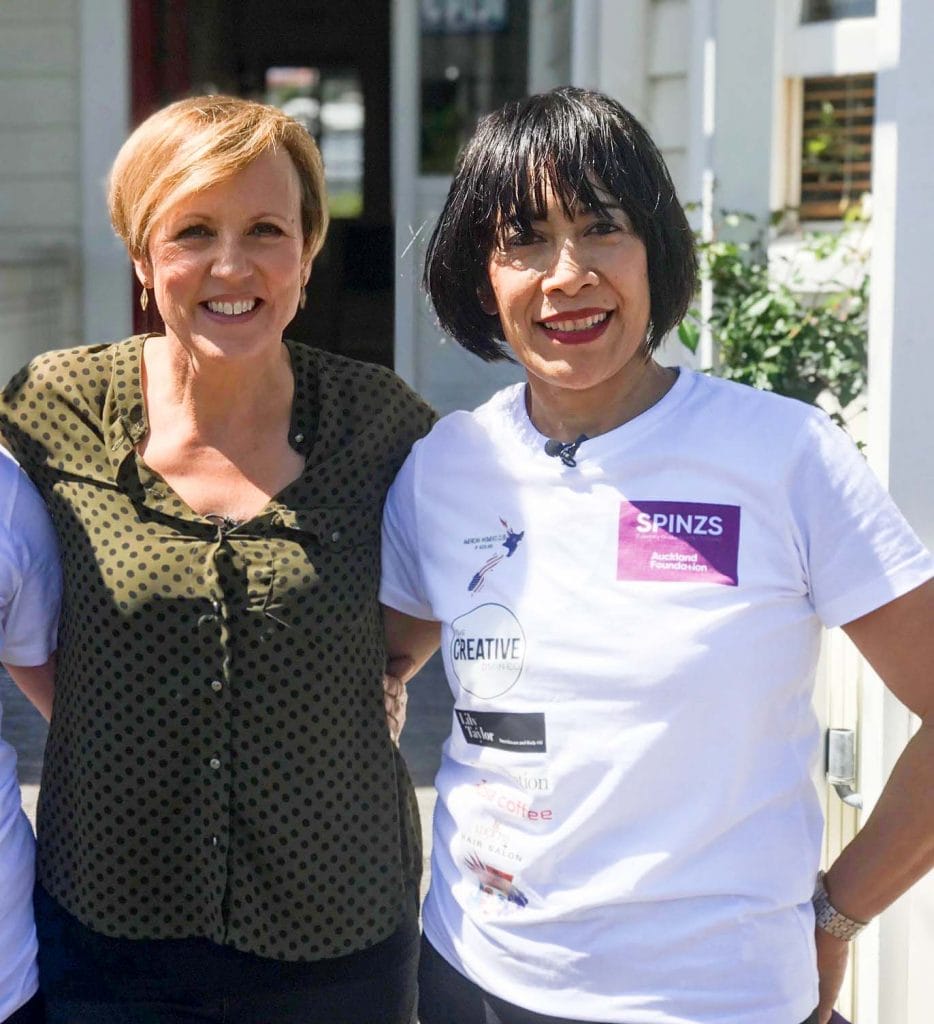
PHOTO FROM TVNZ’S SEVEN SHARP
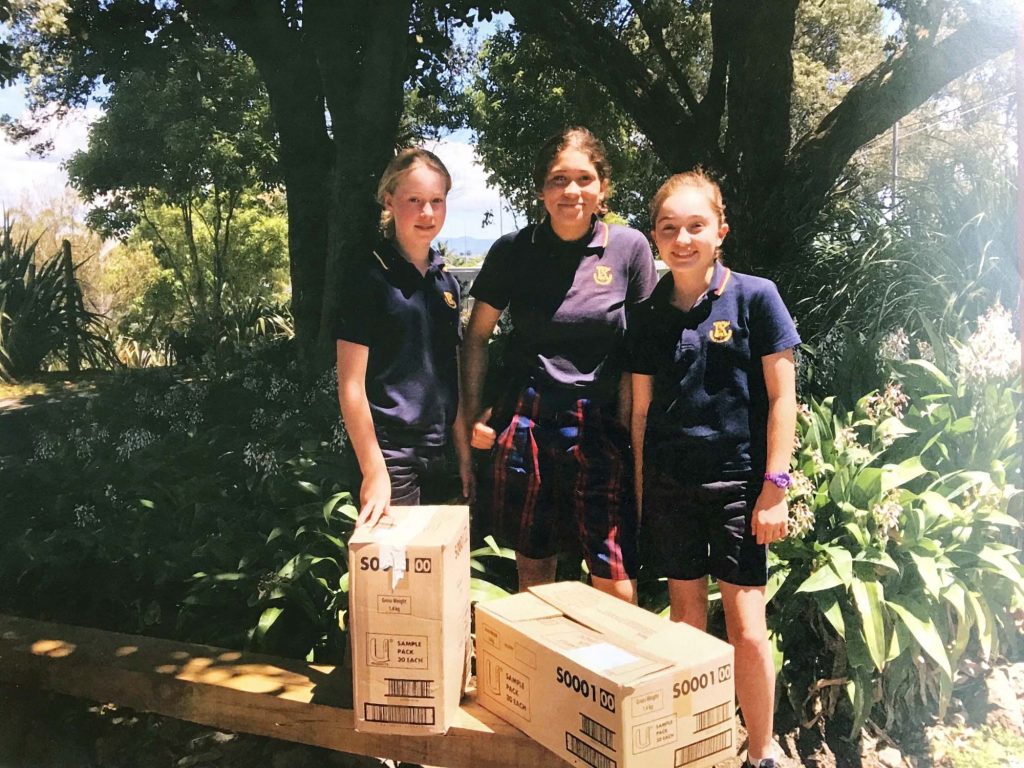
PHOTO SUPPLIED
Together, the pair represent the two sides of the period-equity coin here in New Zealand. Chrissie grew up without a worry, says Soala. “Her mum made sure that she had it all, everything was provided for her in a bathroom – there wasn’t even really a discussion, it was just always there.” Soala, on the other hand, was not given anything. She knew better than to ask her mum for period products, because when she did: “She’d just give you this look, as if to say, ‘I can hardly feed the family.’ It was extreme poverty, so I know how these kids feel.”
The New Zealand Government announced in February that its Access to Period Products programme would roll out in schools nationwide from June, following the lead of Scotland, which was the first country in the world to make period products completely free last November, and which has been supplying them in schools since 2018.
For most of us, it feels like it’s been a lifetime in the making, but shockingly, we’ve only really been having these change-making conversations in the past five years.
According to the YWCA’s insights and advocacy manager Anna Beard, period poverty came to the fore as a major issue as late as 2017, with the publishing of a report by children’s charity KidsCan, which, along with other organisations, realised it was fielding a lot of requests for period products, mainly from schools.
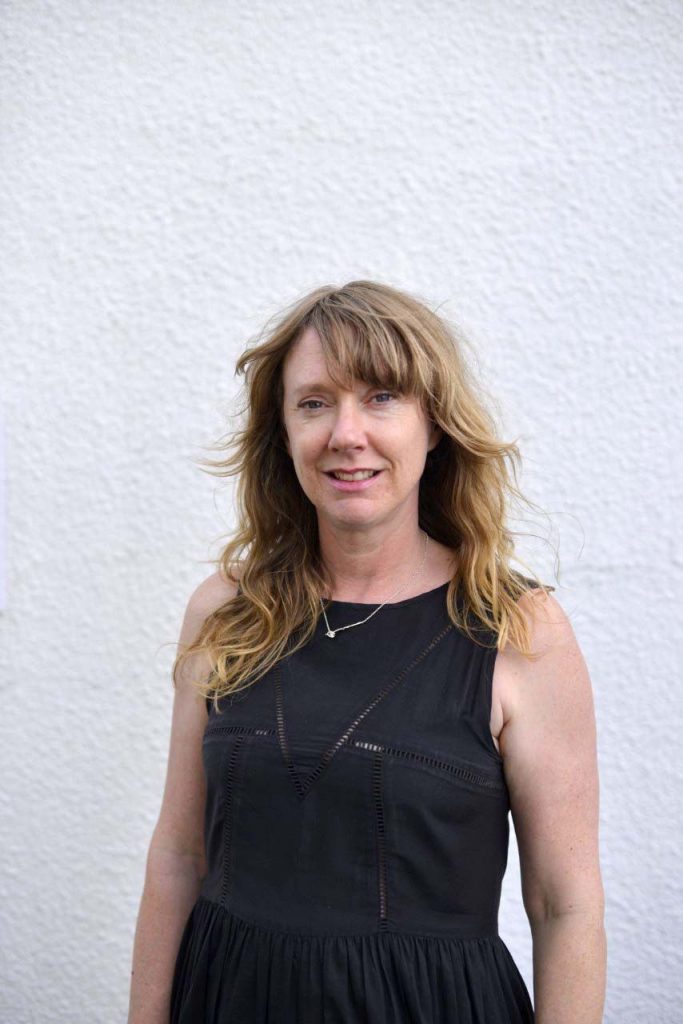
PHOTO SUPPLIED
After the report, various charities and organisations started popping up to fill the gap we were suddenly no longer able to ignore.
“Up until then, I feel like there were just all these other things, like family violence and stuff, so it was like, ‘Oh, who cares about this?’” says Anna, 44.
“But when you’ve got a big player like KidsCan coming out and saying, ‘There is a good percentage of young women staying away from school when they have their periods, therefore missing out on, like, 40 days of school a year,’ it just started picking up from there.”
The report detailed the findings of a survey of 5000 Kiwi menstruators, of which 24% said they had missed school or work due to a lack of access to period products, and 53% had, at some point, found it difficult to access products due to cost.
Of the respondents, 27% were aged 15-17, and of that group, 29% said they had missed school or work because of a lack of access to period products.
One survey respondent wrote: “We had to use a pad for an entire day to make them last and not go out for fear of leakage.”
A common response was from parents, who’d had to go without for their family. One wrote: “I have to sacrifice a day or two of food to be able to afford what many call a ‘female luxury.’” Another said, “Our kids come first… I’ll just fold a length of loo paper.”
Anna reflects, “I think the overarching thing that primarily drives this is the stigma that’s attached to menstruation. That shame keeps girls from school and the stigma means it’s a very hidden subject still to this day, so they can’t talk freely or they feel whakamā about asking the school nurse or other friends for products. But they’re scared that they might have an accident, so they stay home because they just don’t have the resources or the confidence.”
She recalls hearing a story about a 10-year-old who got her period and her mother asked for menstrual bins to be put in the primary school toilets, to which the principal responded, “Maybe she should just stay at home when she gets her period.”
“So that’s what we’re up against,” says Anna, with a laboured sigh. “We have to normalise bleeding and that means sanitary bins need to be in girls’ and boys’ bathrooms – I don’t know why there are still gendered bathrooms, but that’s a whole other thing – so that it normalises it and makes it a safe place for trans kids.”
It’s also why, she says, now that the government has “ponied up” to provide period products, the next thing we need to focus on is period education; making sure it’s comprehensive and taught to all genders.
“We want everyone to be menstrual champions. We want brothers to stand up for their sisters and sons to stand up for their mothers, and to get rid of that shame so that it’s just, you know, going to the bathroom. Things like periods, sexuality, relationships and consent. We need that and we need everyone to be in the same room discussing it so that everyone gets across it in the same way.”
One of the organisations focused on what happens next in the period poverty space is The Period Place. Co-founder Danika Revell, 34, started The Period Place three years ago with her best friend Sarah Mikkelsen when they both found themselves pivoting in their careers after going on maternity leave at the same time.
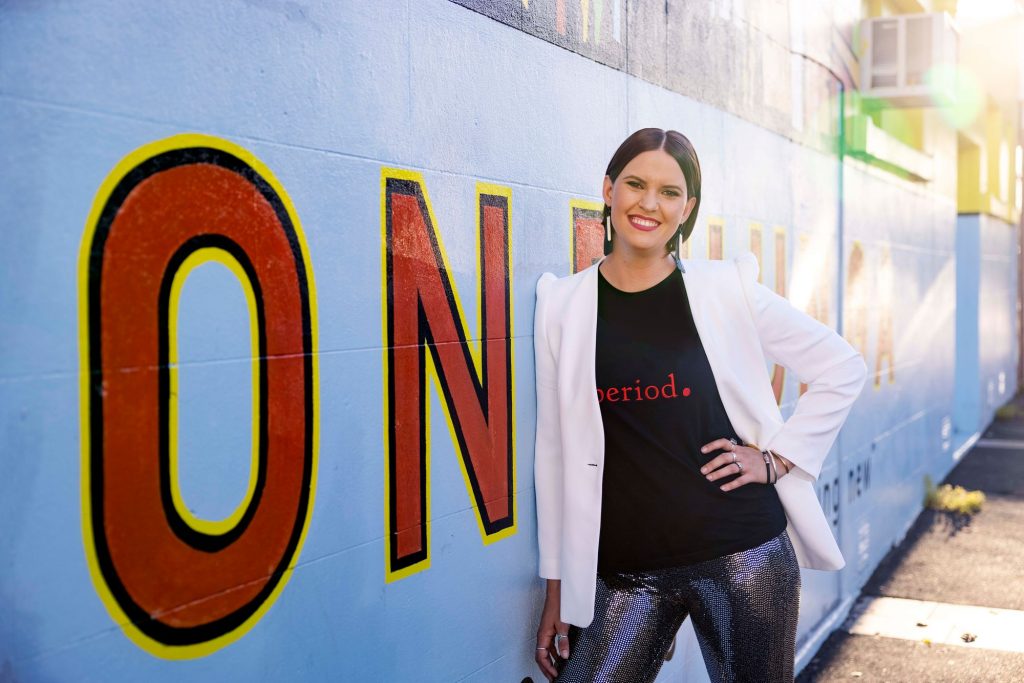
PHOTO BY MICHAEL MOORE
It started as a kind of interactive art installation; a vending machine for period products which instead dispensed ripped paper, cut-up nappies, rags and anything else menstruators have been forced to use when experiencing period poverty.
“You could see it physically hit people,” recalls Danika. “Everybody who was there that night was like, ‘Wow, we had no idea this was what it would feel like.’ To think that’s what you’ve got for the whole week, not just in absolutely desperate emergency situations, really connected with people.”
From there came New Zealand’s first period market and first national period hui, which spawned the “theory of change”.
“It’s literally a theory of how to change society through every facet – individual, community, government, workplaces, schools, everything – so that we can live in a period-equitable society,” she says.
When Covid-19 hit, they started providing period products, too. Last year alone, they donated more than 300,000 period products, “which sounds like a lot,” says Danika. “But it’s actually nothing compared to what the need is.”
Like Anna, Danika maintains that education is key, in terms of reducing stigma, making education uniform across the country and making sure menstruators know all their period product options.
“You know, there are a lot of people out there who have the misconception that learning about periods will lead to pregnancy,” she says. “So that’s kind of where we’re at.”
The plus side is that people’s willingness to learn is changing. The Period Place undertook a national survey of its own recently and found that 57% of people see period poverty as a big issue, which Danika suspects would have been around 10% when she started.
“Three years ago, people didn’t want to work with The Period Place; they didn’t want to know, they weren’t interested. So now I’m grateful that people are waking up and starting to care.”
But the survey didn’t yield only good news, with 45% of people saying they felt their period held them back from doing the activities and living the life they want. One respondent said, “I felt unhygienic, so I preferred to stay home.”
“That’s super frustrating for me,” says Danika, “because I believe that there’s been this whole narrative around hygiene and disgust that feeds into taboos and that’s not the angle I’m coming from.”
On that issue, she says, “Colonisation has a lot to bloody answer for. One thing it has done is made something that is tapu, taboo, and they are completely different things.
It has made something that is tapu, taboo, and they are completely different things
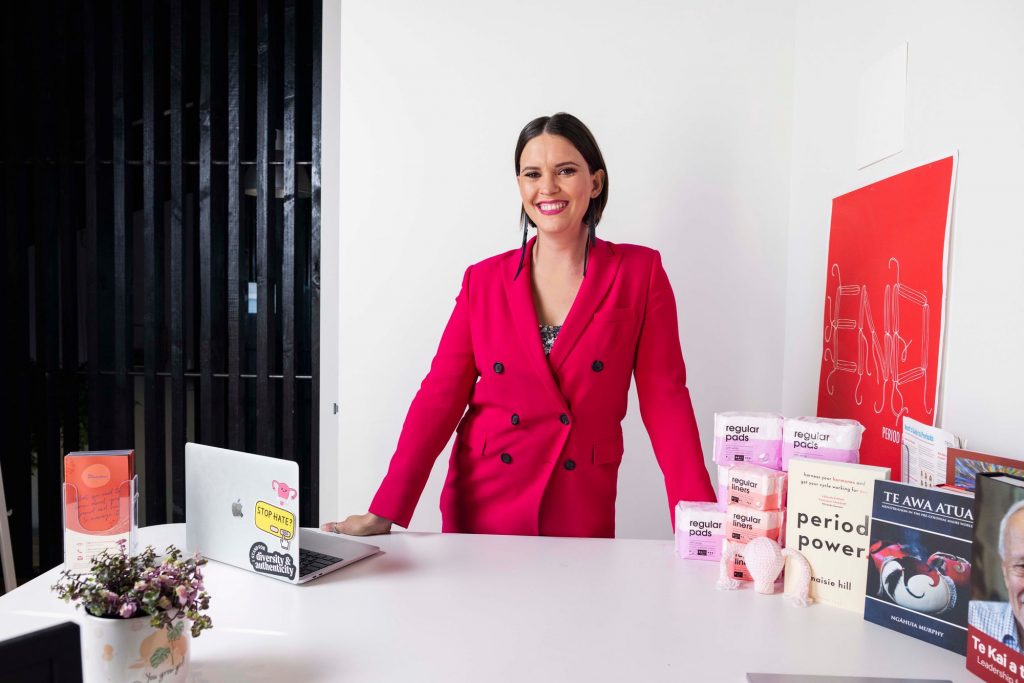
“In all the cultures I’ve come across… they all used to embrace menstruation and it was seen as a beautiful thing, like, ‘When you are on your period, you go and rest and we will take care of you because you take care of us so much,’ and that got misconstrued into: ‘You’re dirty, you stay out of the temple, or you don’t go and do that thing.’ That’s not what it’s about. That’s not what it’s meant to be at all. It’s meant to be like your girlfriend going, ‘Oh my God, I hear you, sis. I’m Uber-ing you over some Maccas right now.’
“So you’re part of this decolonisation and understanding that the push into taboo has been done on purpose as a further step to control our bodies and the way we think about them.”
Providing period education helps society to break away from that taboo and providing period products gives people the ability to enjoy that freedom.
“Period products let people leave the house,” explains Danika. “It’s giving a kid the power to go to school, to choose to participate in a sports team. How many kids out there really want to play sports but are called lazy because they don’t participate, because they don’t have period products? You really can’t leave the house to participate in society unless you have period products.”
That’s why The Period Place is ramping things up even further this year. It will continue supplying donated period products around the country, but it’s also facilitating change at an institutional level.
They’ve been working with their strategic partner, The Warehouse, rolling out donation bins with an aim to have them in all stores nationwide within the next year. They’re also testing what could become a national model, supplying period products to staff in workplaces, starting with The Warehouse itself.
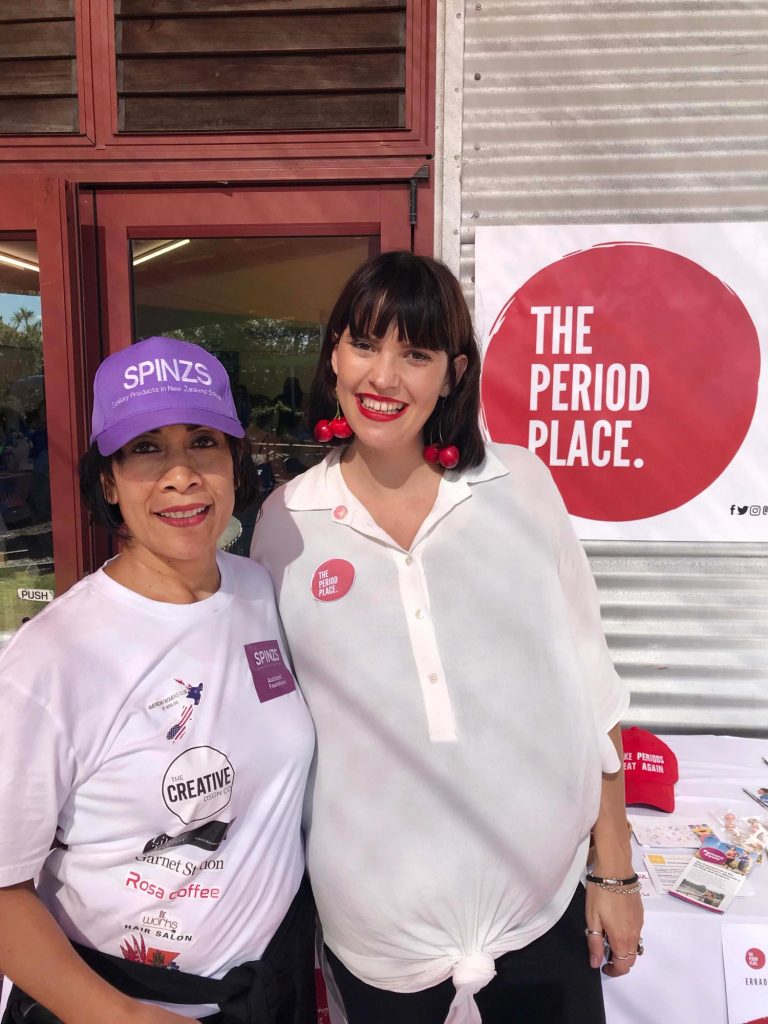
PHOTO SUPPLIED
The Period Place is also working with Auckland Council to provide free period products and education in community centres across Auckland. The project is currently in its trial phase but once the test run is complete, the aim is to extend the model to every community facility in Auckland, and eventually, to all councils around the country.
There’s also a project in the works with Auckland Transport to have products in public transport terminals, with a trial getting underway soon.
“This year is the year for periods in Aotearoa,” says Danika. “We’re having so many conversations with people in government, across different ministries, with product providers. Last year, there was a sense of the train starting to speed up, and this year, the train is just blasting through, it’s incredible.
“What I find so exciting about this is that it’s a level of poverty that can be removed. It’s a f***-tonne of effort, don’t get me wrong. We’ve got a 10-year goal to eliminate period inequity in society, but that will take our team of five million. Everybody will have to pull their finger out and get on with it. I’m not going to give up.”

